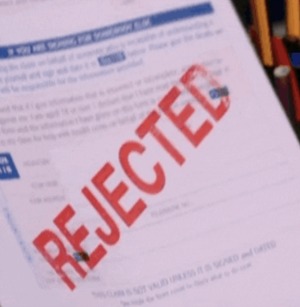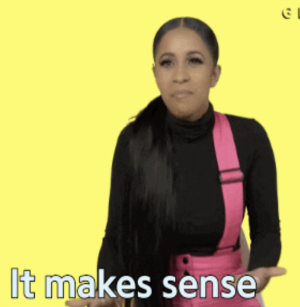How to edit out large chunks of text
When would you need to edit out large parts of your paper?
Well when your text is too long! When I was a PhD student I had a paper that was 15,000 words. I presented it at conference after conference. It lingered on my desk for months. Somehow I could not get myself to cut it down to send it to a journal. Everything in it was important. Nothing could be left out.
A paper that is 12,000 words or more (including references) is too long. Sure, some journals may still accept a long paper if it looks promising. But chances are the editor will ask you to cut it down drastically in the revision stage.
Don't wait until submission to cut your paper
A very long article can be tiring. One thing you don’t want is to bore your reviewers. You don’t want to get them impatient or angry – they can become nasty. It can also happen that if they are unsure whether to reject the paper or ask for ‘major revisions’, they will reject it so as not to have to read it again.
A very long article is also a bad sign regarding its content. Unless you are the next Michel Foucault or Hannah Arendt, chances are you are writing more than what is necessary. You don’t know what to leave out because you haven’t yet fully clarified what you want to say and what you are really contributing with your paper.
Sooner or later, before or after submission you will find yourself in the position that all of us have found ourselves in - that is the insurmountable task of having to cut large chunks of your own work out.
Incremental editing here and there won’t do. If you have to remove 2-3,000 words, you have to be bold. You will need to take whole sections out of the article; or to select a few paragraphs, and then press … ‘delete’.
The challenges of drastic editing
A friend once told me that she edits her papers while drunk after a long night out. I tried it and it didn’t work for me. But I did learn something from the experience.
To edit a paper you have to let things go. Like when drunk, you have to overcome your inhibitions and have no remorse. You must have fun and enjoy the process. And you have to see your own material with new eyes. (Warning: if you choose the buzzed editor option, make sure you keep a safe version of the old draft. Save the new draft as ‘lastnightafterdrinking.doc’).
Letting text go. That’s hard, especially if you are a junior writer. As a PhD student, I often spent hours, even days writing a single paragraph. It was so hard to delete this text after all the effort I had put into it. Your paper is your ‘child’ and you want all of it to stay intact, no body part mutilated (ok, that’s a gory metaphor, but it drives home the message).
You might think it can't be that difficult. That it is just a matter of re-reading the paper and start cutting. Or perhaps, just sending it to a trusted friend for comments and then start cutting.
Unfortunately, it's not that easy. If it were, it would not have taken me years to cut down and publish that 15,000 word paper. Below are three tips that I have picked up throughout the years to make the task of tightening up a paper easier.
Three tips to edit out large chunks of text
One trick is to think of the material you discard as material for a future paper. Just the thought that you may use it someday makes it easier to let the text go.
Second trick: boldly delete a few paragraphs that your instinct tells you should be left out. Don't listen to your inner voice that says 'No!'. Take a deep breath, close the file, and come back to it only after several days have passed. Read the whole paper with fresh eyes, as if it were the paper of someone else. If it reads ok, then it is ok. Don't look back at what you left out and finish the paper.
Alternatively, have a friend read your paper after you have made the bold edits. Ask her or him to tell you what they think – a general impression, don't ask for a detailed revision. If they don’t feel something big is missing, then you are fine. What you edited out can rest in peace.
Third tip: find a friend or colleague who knows the topic. Ask her or him to read your paper and identify 10 paragraphs (more or less 2500 words) that can be left out. Your commitment? You will take out whatever they suggest, no matter whether you agree or not. Then use up to 500 words to smooth out the paper. Make the transitions between paragraphs and arguments gentler. You now have a paper that is 2,000 words lighter!
Remember: your goal is to get your paper published and to have people read it. It is not to get each and every thought you’ve ever had on paper. Once the paper is published, I bet you will never have second thoughts about what you left out.
Good luck!
If you tried any of this and it worked or didn't work let me know in the comments below. And if you have other tips to share, please let us know!















